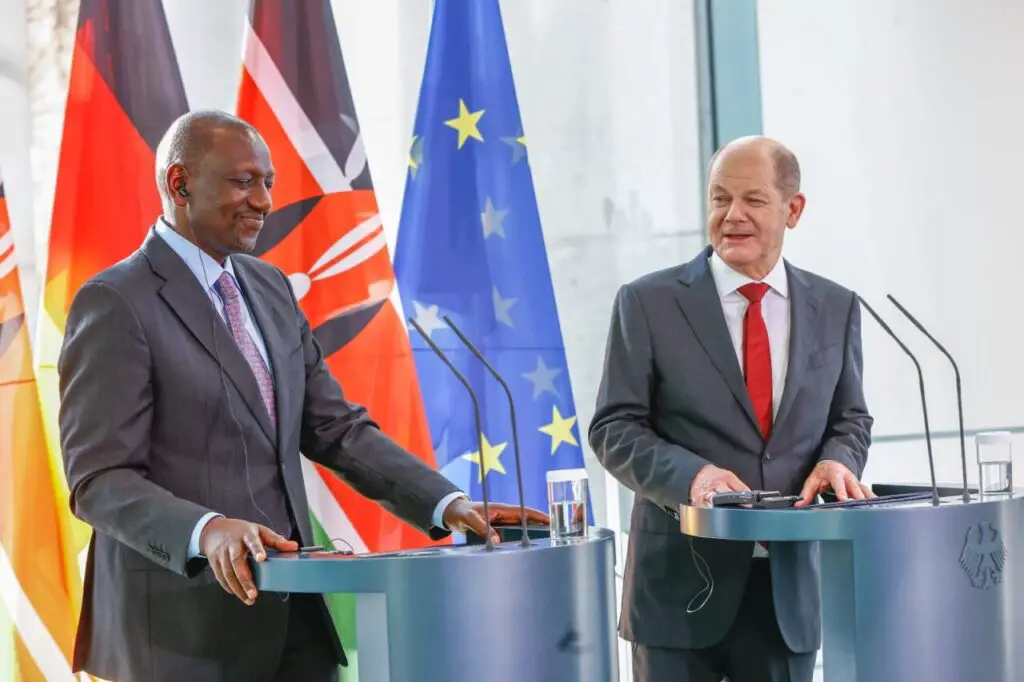President William Ruto is seen to be leaning more towards the West as opposed to his predecessor and former boss Uhuru Kenyatta, who had built a strong relationship with Asian countries. During Mr Kenyatta's 10-years rule, China became a major financier and developer of key projects among them the $3.6 billion Standard Gauge Railway (SGR).
[elementor-template id="94265"]
